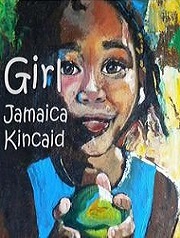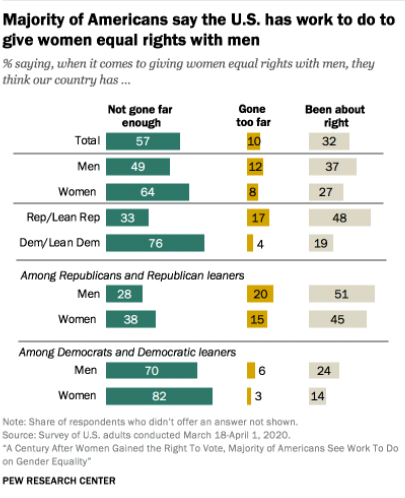Hyla Stories
Advanced coursework in high school

Where does advanced work happen at Hyla? Everywhere! In every core class at Hyla, students can choose a “core pathway” or an “advanced pathway.” In American History, students on these pathways take two different approaches to examining the past and understanding its impacts on this country and its people Take a look!
Core: H300
Students are looking closely at major historical developments radically reshaping America in the 19th century: economic disruption, a political quagmire, a religious awakening, stark regional differences, and questions about the role of the government in the daily lives of ordinary people. As Mark Twain says, “History doesn’t repeat itself, but it often rhymes.”
Students read the words of Harriet Hanson Robinson to discover her experiences and perspective on being an operative in the Lowell Mills and taking part in one of the first ‘turn outs’ (strikes) at the age of 11. In class, we watched Professor Henry Louis Gates’s Jr.’s “The Age of Slavery” to better understand the scope and scale of resistance to American slavery and understand how instrumental Black abolitionists were in bringing about change from Mum Bett, Richard Allen, Sojourner Truth, and Frederick Douglass. We discussed how reform movements tackled issues and transformed the political, legal, and cultural norms of the day.
This week students are researching a topic in Antebellum America and presenting to their peers to better understand the context and causes of the Civil War.

Advanced 301:
Students who chose the Advanced Pathway are examining United States history through the lens of gender and sexuality. This course functions like a seminar with students reading the work of historians as well as bringing in current events and lived experiences for frequent discussions. The first week, we looked specifically at dynamic messaging around gender and statistics about gender equality before turning our attention to the suffragist and abolitionist movements of the 19th century.
Students reading, examining, and discussing:
- Jamaica Kincaid’s “Girl”
- The PEW Research Center’s Look at Gender Equality Since the 19th Amendment
- Angela Davis’s “The Legacy of Slavery: Standards for a New Womanhood”
- Howard Zinn’s “The Intimately Oppressed”
Throughout this course we will look at strategies reformers and radicals employed to bring about change. Coming up next: students will be representing groups of women at a Seneca Falls Convention simulation to understand the diversity of interests and agenda items for Americans in the mid-19th century.

Our advanced options meet or exceed AP material and interested students will be supported, prepared for, and encouraged to take AP tests. Because of our scale and model, Hyla is able to offer an individualized approach to advanced coursework. The Advanced Placement™ brand is one of many educational products for advanced learning. We welcome conversations about different approaches to advanced coursework and why Hyla, along with leading high school models like Exeter and Lakeside, has intentionally chosen not to use the AP branded curriculum in our core classes. Additionally, Hyla students can take AP electives through our partnership with One Schoolhouse.
